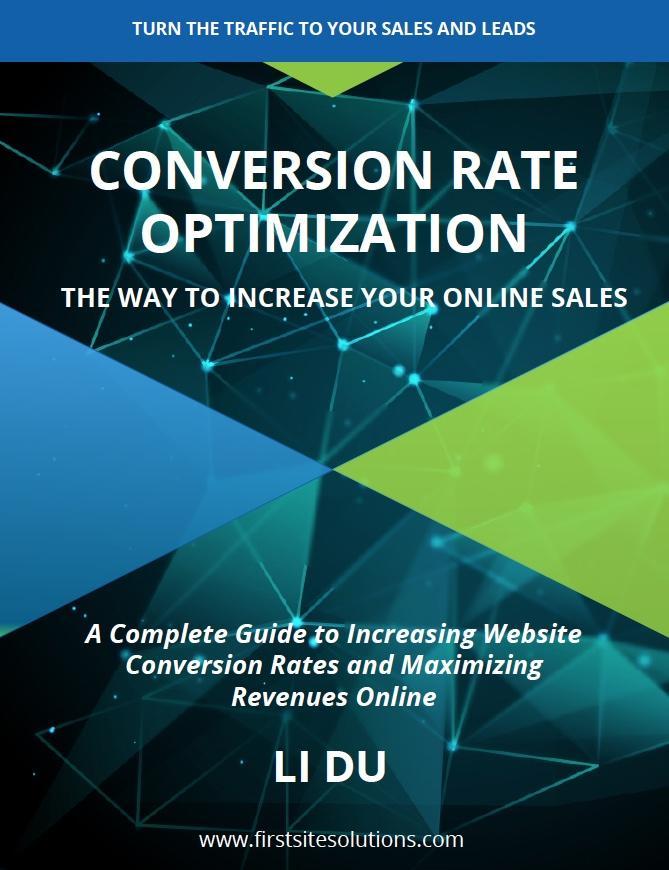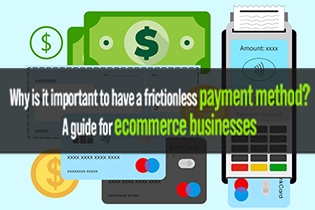
Ecommerce, also known as electronic commerce, is becoming a significant option for many big and small businesses. That is because of the many benefits it brings to companies that adopt it. Therefore, it comes as no surprise that online retail sales could reach $380 million in 2022. Also, ecommerce in emerging markets is projected to grow by about 20% in the same year.
Ecommerce, the holy grail of retail, is fast becoming the newfound love of every entrepreneur as there is a slow shift from brick-and-mortar stores to online stores. It has gradually revolutionized the way businesses are run as consumers can now purchase products from any part of the world. Not only that, consumers can buy products anytime they want, which is not the case with physical stores.
Aside from convenience, there are a host of other benefits ecommerce can bring to those who choose to implement it in their business.

Overcomes Geographical Boundaries
That is one of the most important benefits of ecommerce for businesses. In contrast to what is obtainable with physical stores, your sales are not limited to your geographical location.
Indeed, with a well-built ecommerce website, you can sell your products to people from all over the world. You can reach even bigger audiences if your site is optimized for mobile devices. According to statistics, online shopping accounted for about 40% of all ecommerce sales in the US in 2018.
Attracts Customers Through Search Engines
There is no gainsaying that traditional retail is built on branding, word of mouth, and customers’ loyalty to a particular brand. On the other hand, ecommerce is driven by traffic from search engines in addition to all other traditional factors. Being familiar with the brand is not a prerequisite to visiting its website.
Lower Costs
This is arguably the most important and rewarding perk of running an ecommerce business. Business owners can reach their prospective customers through cost-effective channels like PPC marketing, SEO, or social media channels.
With the automation of billing, checkouts, payment, and inventory management, the number of employees required to run a business is significantly reduced. In some cases, the need for employees is completely eliminated.
Takes Advantage of the Information About Customer Buying Habits
Through available channels, online retailers can keep an eye on the buying habits of their customers. With that data, they can tailor their offers and products to meet the requirements of those customers. By satisfying their needs, business owners can have a long-lasting relationship with their customers.
Ecommerce websites can collect data through cookies, and the information customers provide are sometimes mandatory to complete the registration form. However, it must be noted that channels used to collect customers’ data must not violate their privacy.
Offers More Convenient Discount Options
Even though discounts, coupons, and gift cards are a part of traditional retail practices, they are more convenient and accessible for customers who shop online.
For instance, a customer who has a discount on perfume at one physical store and clothes at another might find it rather bothersome to visit two separate stores. With online stores, on the other hand, customers can use coupons with just a couple of mouse clicks.
Creates a Market for Sellers and Buyers
Customers may find it challenging to locate a particular brick-and-mortar store. In situations where commodities are scarce, it could be an even more difficult scenario.
However, it is a completely different ball game online as customers can easily find retailers and their favorite products through search engines like Google or Bing.
Ecommerce has proven to be beneficial in various ways, as mentioned above. To find out more about the stats and advantages of ecommerce, check out the infographic below.









